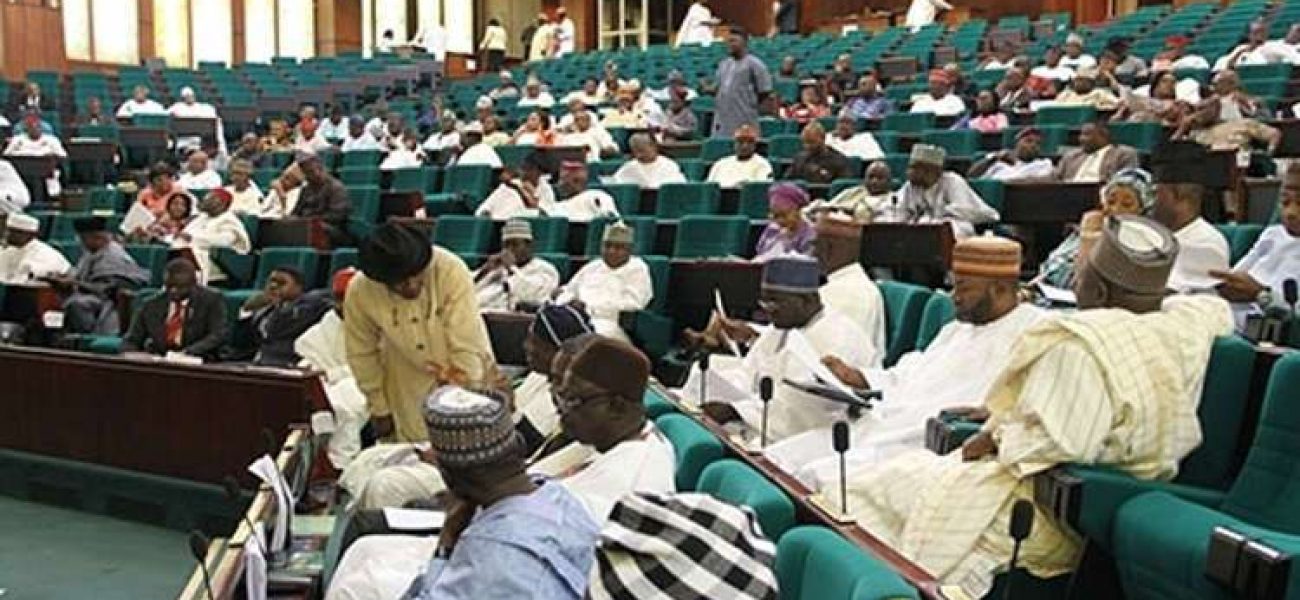A bill to establish a National Religious Harmony Commission sponsored by Speaker of the House, Rt. Hon. Femi Gbajabiamila, scaled Second Reading in the House of Representatives on Tuesday, 27th September 2022 and was referred to the Committee of the Whole. According to the bill, the Commission will be responsible for the following, among others:
- Dealing with matters relating to the protection of the fundamental human right to freedom of religion and belief;
- Assisting victims of religious discrimination or violations and seeking appropriate redress and remedies on their behalf;
- Monitoring, investigating and prosecuting cases of religious discrimination, victimisation and harassment;
- Monitoring and investigating all cases of religious extremism, hate speeches and utterances meant to incite religious violence and prosecute persons responsible for such speeches;
- Creating awareness and promoting advocacy through seminars, workshops and conferences on religious harmony and inter-faith peaceful co-existence and any other programmes.
The bill establishes a Governing Council for the Commission comprising a Chairman, Secretary, representatives of various religions, including the Christian, Islamic and African Traditional religions, representatives of select government ministries and agencies, as well as professional associations.
The bill prohibits all forms of religious discrimination, violence, victimisation, harassment and religiously induced hate speeches. Complaints of violations of religious rights may be made to the Commission by affected persons or their representatives. The Commission while enquiring into such complaints, is empowered to call for information or report from individuals, private or public corporations, government agencies or any other authority. The bill also establishes a Legal, Investigation and Prosecution Department for the Commission, which shall be responsible for investigating and prosecuting offences related to the violation of religious rights.
Where it establishes the violation of any religious rights by an individual or public servant, the Commission is empowered to direct the concerned individual or government authority to pay compensation or damages to the complainant/victim or his/her family members or prosecute the perpetrating individual or authority.
The Commission will be funded by monies provided by the Government of the Federation, fees charged for services rendered by the Commission, gifts, testamentary dispositions, endowments and philanthropic contributions.
Nigeria is a diverse nation comprising several ethnic groups and religions, which have sometimes been the basis for incitement that culminated in violence. Therefore, the need for tolerance for the diversity of ethnic groups and religious cannot be overemphasised. However, there may be questions raised as to whether this Commission will be duplicating existing functions of other agencies including the National Human Rights Commission.

